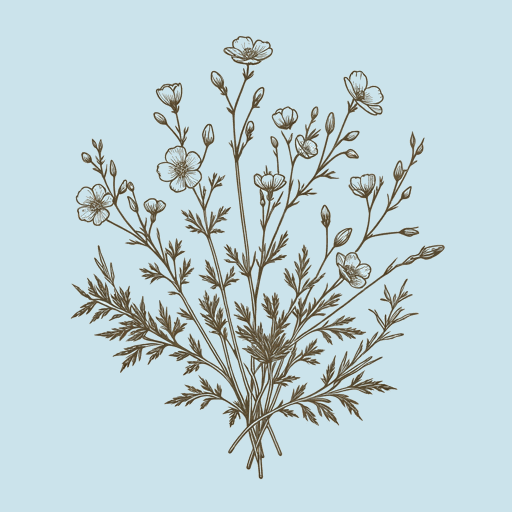33 pages • 1 hour read
Alice WalkerEveryday Use
Fiction | Short Story | Adult | Published in 1973A modern alternative to SparkNotes and CliffsNotes, SuperSummary offers high-quality Study Guides with detailed chapter summaries and analysis of major themes, characters, and more.
Important Quotes
“Maggie will be nervous until after her sister goes: she will stand hopelessly in corners, homely and ashamed of the burn scars down her arms and legs, eying her sister with a mixture of envy and awe. She thinks her sister has held life always in the palm of one hand, that ‘no’ is a word the world never learned to say to her.”
(Paragraph 2)
The above passage sets up the marked contrast between Mrs. Johnson’s two daughters. Maggie’s self-effacement, which psychological trauma and physical disfigurement have only exacerbated, is so extreme that it doesn’t even occur to her to challenge her lot in life; though “envious” of her sister, she nevertheless accepts that Dee is simply destined for things she herself can never hope to achieve or attain. By contrast, it will become clear over the course of the story that Dee’s attitude is one of entitlement; she takes her claim to objects like the quilts simply as a given.
“My fat keeps me hot in zero weather. I can work outside all day, breaking ice to get water for washing; I can eat pork liver cooked over the open fire minutes after it comes steaming from the hog. One winter I knocked a bull calf straight in the brain between the eyes with a sledge hammer and had the meat hung up to chill before nightfall.”
(Paragraph 5)
Mrs. Johnson’s descriptions of herself tend to stress her physical strength and toughness. She needed these qualities to get by in life, and they’re also qualities that she takes genuine pride in. Although she imagines herself as Dee “would want [her] to be” when dreaming about appearing on Johnny Carson (Paragraph 5), these fantasies do not fundamentally reflect her values; later in the story, for instance, she talks about how much she loves the “soothing” work of milking cows (Paragraph 13). This physicality and frank appreciation of manual labor compares favorably to the snobbish intellectualism of figures like
Related Titles
By Alice Walker

By the Light of My Father's Smile
Alice Walker

In Search of Our Mothers' Gardens
Alice Walker

Meridian
Alice Walker

Possessing the Secret of Joy
Alice Walker

Roselily
Alice Walker

Strong Horse Tea
Alice Walker

The Color Purple
Alice Walker

The Flowers
Alice Walker

The Temple of My Familiar
Alice Walker

The Third Life of Grange Copeland
Alice Walker

The Way Forward is with a Broken Heart
Alice Walker

To Hell with Dying
Alice Walker
.webp&w=3840&q=75)
Women
Alice Walker

